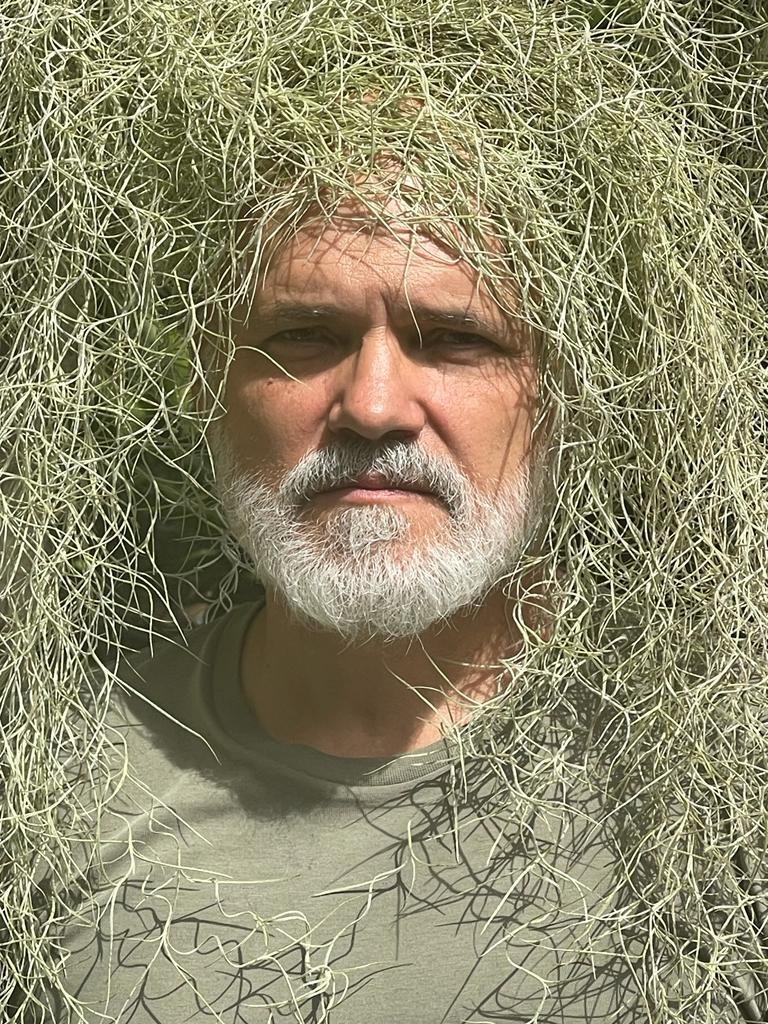In 2019 Pontus Maximus Productions worked on an art gallery project together with Konstantin Bessmertny in Macau and it was tremendously successful. Since then the company has done two more art shows in Macau in 2020 and 2021 and one of the world’s first virtual exhibitions which took place in Koh Samui in 2022 entitled Napoleon in Exile in Koh Samui. In 2023, it launches Le Grand Exil exhibition in Hong Kong during Art Basel.
PREVIOUS EXHIBITIONS
Download Catalogue here
Original Artworks by Konstantin Bessmertny
Curator’s Statement
This exhibition serves as a conceptual experiment, which brings two parallel worlds together - the fictional world of Theo (from the upcoming movie The Violin Case*) and the real world of Konstantin Bessmertny - in an effort to launch an experimental gallery, Pontus Maximus Gallery, marrying the worlds of film and art; Napoleon happens to be character which appears in both these worlds.
-Max Bessmertny, Founder, Pontus Maximus Productions
Artist’s Statement
LE GRAND EXIL - Exile as a “happy end” of the dictator.
The main lesson of history is that we spin our present and future into a constant repetition of the same mistakes and tragedies. Conventional history is a biographical collection of narratives designed to accommodate leaders to stay in power and the population to be happy about it. A set of institutions and instruments are adjusted and polished over time and employed to keep the balance and stability of the social pyramid. It includes ideological and religious propaganda, violence, a web of corruption and panem et circenses for the people. At the top of the pyramid is the privileged class and the ruler or rulers. At the bottom, a happy, entertained and stuffed-with-affordable-food population. Dictatorship is the ultimate form of abuse of power. An autocratic dictator’s time in power depends on many factors and can last for quite long: from various unsuccessful short lasting coup attempts, to 11 years in power for the Führer of Germany, to 86 years of reign for Emperor Nintoku of Japan. The majority of autocrats end up on the guilhotine or in a pool of their own urine, but a very lucky few spend their final chapter in exile. Exile for them becomes a “happy end” for their life and career.
-Konstantin Bessmertny, artist-sculptor
Film Character’s Statement
After his defeat at the Battle of Waterloo and being forced to abdicate in Paris on the 22nd of June, 1815, Napoleon intended to set sail for the United States from the port of Rochefort, in the central Western coast of France. But British warships managed to blockade the port and Napoleon, not wanting to be caught hiding between Belgian beer barrels on board a small vessel, surrendered to Captain Maitland on the 15th of July, 1815.
It is claimed that three months later he was exiled to the island of St. Helena, where he remained for six years until his death in 1821. Really? The Francorum Rex, The Most Christian King, Protector of Confederation of the Rhine, President and King of the Italian Republic, Emperor of the French? Yes, Napoleon Bonaparte was in exile, but not in St. Helena, and he didn’t die in 1821, but much later and under different circumstances.
Theo Welles, fictional artist, painter and sculptor





















